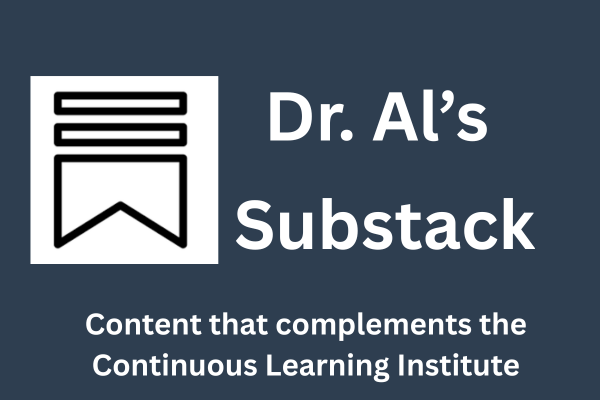Tired of Unproductive Meetings?

How often have you left a college meeting thinking, "That was a waste of time!" To improve meeting productivity one strategy to consider is using a teaching frame of mind. Ironically, many campus personnel who have a background in teaching forget to use a teaching approach to meetings. Consider these two steps to increase meeting productivity.
Step 1: Sketch and finalize the "lesson plan" through collaboration
a. Establish a preparation meeting for the primary meeting. Invite key colleagues who you think can help you plan effectively.
b. Craft an agenda in collaboration with your colleagues.
c. Make best attempts to anticipate where there will be challenging questions and other issues, and how to effectively handle them in preparation for the primary meeting.
d. At the top of the agenda describe the intended outcome of the meeting (e.g., “How to Implement New HR Policies”; “How to Implement Equity”; “Processes for Pursuing Federal Grants”; “Ed Master Plan Status,” etc.)
e. Decide who will facilitate or co-facilitate the meeting.
f. For key agenda items think through how you will teach during the actual meeting. From data analysis to human resource issues to new student success strategies--think about how you will explain it to the group. Would it be taught through PowerPoint, a visual, chart paper, analogies, etc., or a combination?
e. If possible, send the agenda ahead of time.
Step 2: Deliver the "lesson"
a. Start on time. Honor those who made it on time.
b. Go through the agenda outline. Emphasize the intended outcome of the meeting.
c. As adults we often have a propensity to get off task in meetings. If the meeting is moving in an off topic direction the agenda gives you license to bring the group back on track.
d. Use a teacher's frame of mind. Employ the teaching strategies discussed in the preparation meeting to explain key agenda items.
e. End the meeting on time! Even if there are rich, important discussions, stop the meeting momentarily to let the group know that the meeting time has ended. Ask them if they want to continue or add it to the next meeting's agenda. Whatever you do, just make sure you made an effort to end on time.
f. Summarize key findings or issues and next steps.
I am sometimes told that there is not enough time to establish a preparation meeting. My response is that the costs of an unproductive meeting far outweigh the time it takes to thoughtfully prepare for one. I am not suggesting that every single meeting needs a prep meeting but be mindful of what key meetings need a pre-meeting setting.
As you work to prepare for meetings here are other suggestions for consideration:
- Prohibit smartphones
- Don't spend a significant amount of time reading the last meeting minutes (that's what email is for)
- Do not allow one person to monopolize the conversation
- Invite those who are only absolutely essential
- If using technology, arrive early to avoid using meeting time to deal with tech glitches (I see this happen all the time)
- Consider the location of the meeting
- Leave your ego at the door
The work is hard enough without unproductive meetings.
***
Also visit:
5 Questions to Answer Before Launching Initiatives
Planning & Implementation: Creating Common Language






